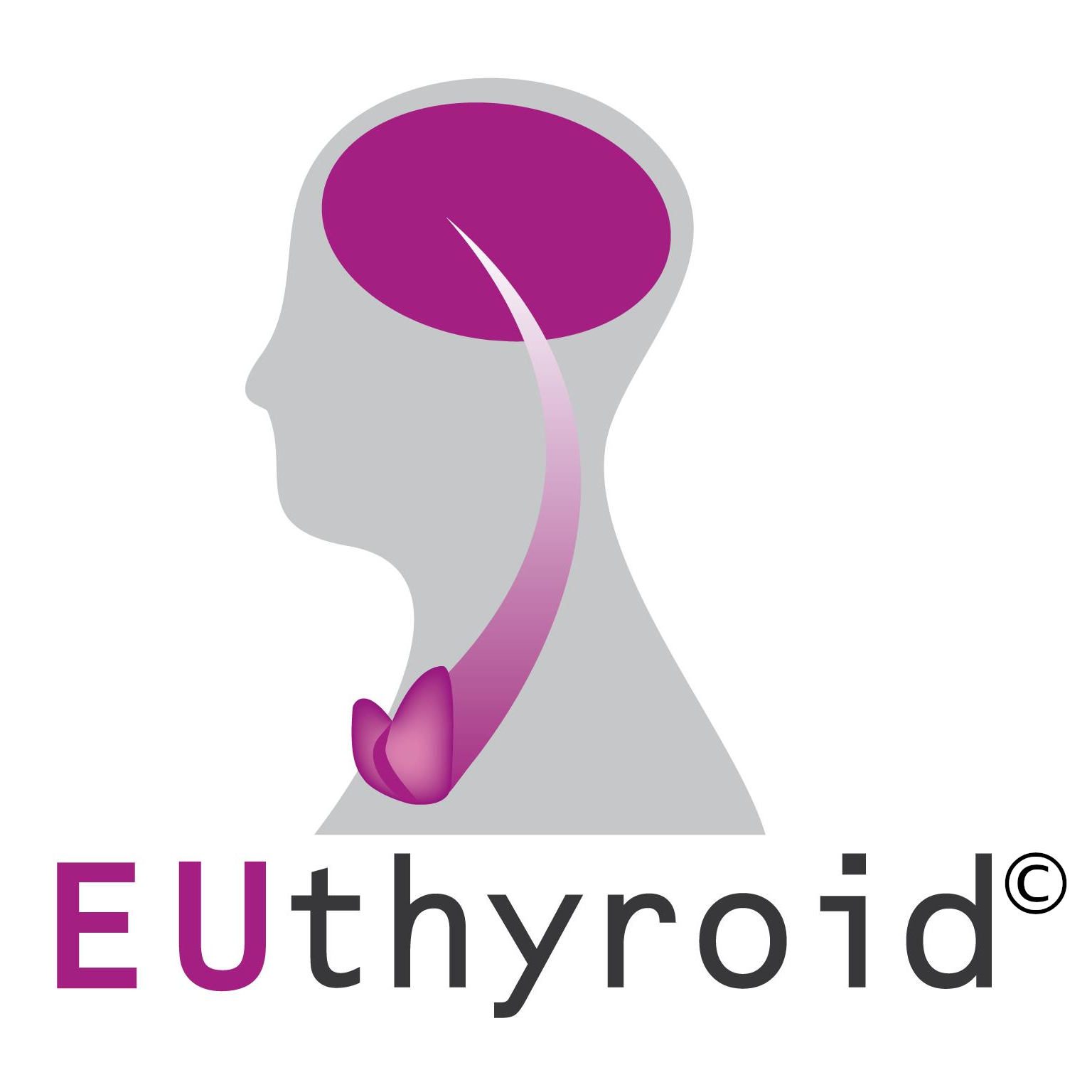Iodine deficiency disorders (IDDs) represent a global threat to individuals and societies. Thyroid disorders remain a major cause of morbidity in Europe, affecting the entire life cycle of individuals, with women and children being especially vulnerable.
The most pressing negative health outcome of severe iodine deficiency is on the neurocognitive function of newborns. According to the WHO, iodine deficiency is the single most important, preventable cause of brain damage worldwide. The adverse effects of severe iodine deficiency are well established and during pregnancy increases the risk for developmental impairment of the offspring and even might cause stillbirths.
While data remain scarce, there is evidence that mild iodine deficiency in mothers negatively influences the neurocognitive development in their offspring. EUthyroid used data and biomaterials of three mother-child cohorts from regions with different iodine status, to correlate iodine status during pregnancy with cognitive potential of the children. This analysis corroborates the limiting evidence for negative health outcomes of mild iodine deficiency during pregnancy.

